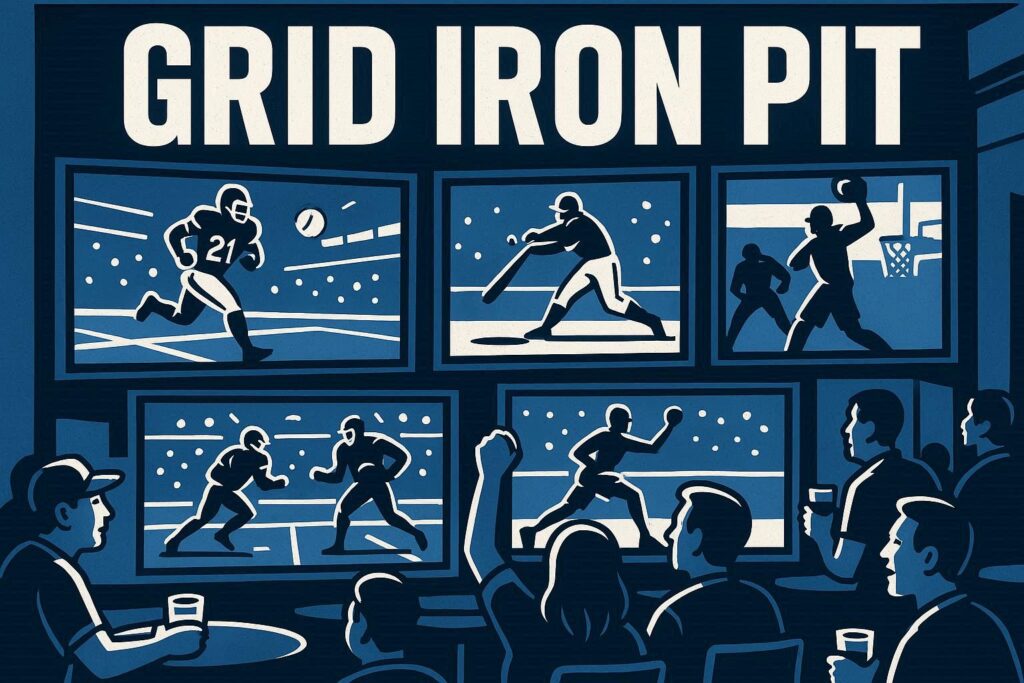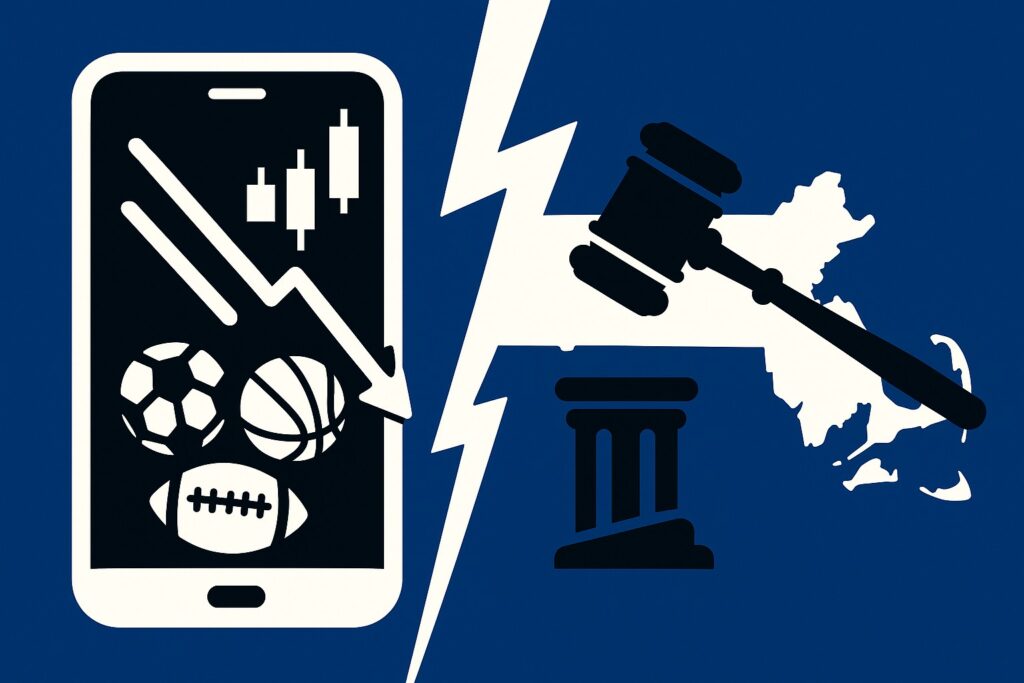US Rep. Dina Titus (D-NV) hosted a town hall meeting on Monday night to discuss the FAIR BET Act, a bill she introduced to reverse the gambling tax provision buried in President Trump’s One Big Beautiful Bill Act.
The new wagering law allows players to claim only 90% of their losses starting next year, compared to 100% currently. Professional bettors say it makes their careers unsustainable, and recreational bettors could also be adversely affected. Under the provision, it’s possible to lose money gambling and still owe gambling taxes.
The potential impact on the regulated gambling market is enormous, according to the panelists.
“It’s a policy with massive unintended consequences,” said Adam Robinson of American Bettors’ Voice. “… The regulated market is going to shrink, and the unregulated market is going to grow, and that is the opposite of what public policy should aim for.”
In addition to offshore and black-market sportsbooks, prediction markets are another potential beneficiary of the fallout, all at the expense of regulated books.
“What policymakers should understand is consumers have a lot of choice in these markets right now,” Robinson added.
The meeting, which also featured UNLV gaming policy expert Becky Harris, gambling tax accountant Russell Fox, and Nevada Resorts’ Association Virginia Valentine as panelists, was well-timed, as it came on the eve of Bet Bash, an annual gathering of industry luminaries and professional bettors in downtown Las Vegas. Attendance was clearly boosted by Bet Bashers, as some estimates said they accounted for about 80% of the audience.
Gambling was ‘easy pickings’ for senators
When shoehorning in the gambling provision, lawmakers used overly-simplistic math in an effort to find more tax revenue, Titus claimed.
The bill’s projection of $1.1 billion in new wagering tax dollars over eight years won’t be met, largely because handle will drop as players head to offshore and black-market sportsbooks, she reasoned.
“They were looking for every little bit of money they could find to offset the cost of some of the taxes, tax breaks that were in the Big Beautiful Bill, and this seemed to be easy pickings,” Titus continued, later singling out Senate Finance Committee Chair Mike Crapo (R-ID) for introducing the provision.
“Members of Congress don’t really understand all the complications of gaming because it’s not as big a deal in their district as it is here,” said Titus. “… Members of Congress have to be educated before you can advocate with them for changes, and that’s where we are now.”
The FAIR BET act now has 10 co-sponsors, both Democrats and Republicans.
Will gambling law prompt a bettors’ exodus?
There’s been chatter that regulated sportsbooks are behind the gambling loss reduction, and there’s logic to the scuttlebutt: The new law will repel professional bettors, exactly the customers DraftKings, FanDuel, etc., don’t want
That line of thinking doesn’t hold, however, when one considers “whales” – bettors who play big and lose long term. Whales are the lifeblood of sportsbooks, which operate under a 90-10 paradigm: 90 percent of profits come from 10 percent of customers.
Having their claimable losses capped at 90% will force whales into other waters – again, offshore books, illegal bookmakers, and prediction markets.
While there’s debate about whether the new law applies to “trading” on prediction markets, town hall panelists leaned into the notion that Kalshis and Polymarkets of the world – illegal in the minds of most states – are ready to welcome an influx of bettors fleeing regulated sportsbooks.
“They understand the tax implication of what’s happening here, and they know if they’ll be taxed unfairly at regulated books, they’ll just move their action to offshore sites, or they’ll go back to their local bookie, or they’ll look to emerging prediction markets,” said Robinson of American Bettors’ Voice.
If big bettors are whales, Jim “Mattress Mack” McIngvale is a blue whale. The Houston-based furniture magnate is infamous for making seven-figure bets as quasi insurance policies for promotions he runs.
‘He probably won’t be making those million-dollar bets in the future,” Fox conjectured.
Leaving Las Vegas?
Another theme throughout the town hall discussion was how the law may impact Las Vegas tourism, already trending in the wrong direction. Facing a new tax reality, people may be inclined to choose a non-gambling destination for their vacation.
“If you look out the window to your left, my right, there are three casinos that I can see,” Fox pointed out. “They are going to all be hurt long term.”
Harris, formerly chair of the Nevada Gaming Control Board, lamented the law’s potential impact on tourism in Nevada and spoke of the “multiplier effect” of decreased gambling spend — the state’s entire economy could suffer.
“It’s important to remember [gambling is] our number one industry. …
“From the earliest days of my tenure as chairwoman of the Nevada Gaming Control Board, it was really clear that when the federal government comes in and wants to interfere with gambling policy, there’s trouble on the horizon.”
Optimism for reversal
Congresswoman Titus and the four panelists, as well as an estimated 100% of the audience, want the Big Beautiful Bill’s gambling tax provision repealed, and there was optimism in the room that it will be.
“There’s usually with tax laws, especially something like the One Big Beautiful Bill that passed, a technical corrections act, and I would expect one that’s usually bipartisan,” Fox said. “I hope it is this year. If it is, it’s got a good chance.”
“I’m pretty optimistic that when [Congress reconvenes after Labor Day], we may have a chance to fix this,” Titus said.
“And remember we’ve got a year-and-a-half, because it doesn’t go into effect until next year’s taxes, which you don’t file until the following April.
“So we have a little time, but we don’t want to drag around. We want to get it done.”





